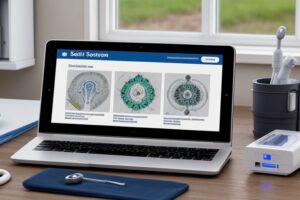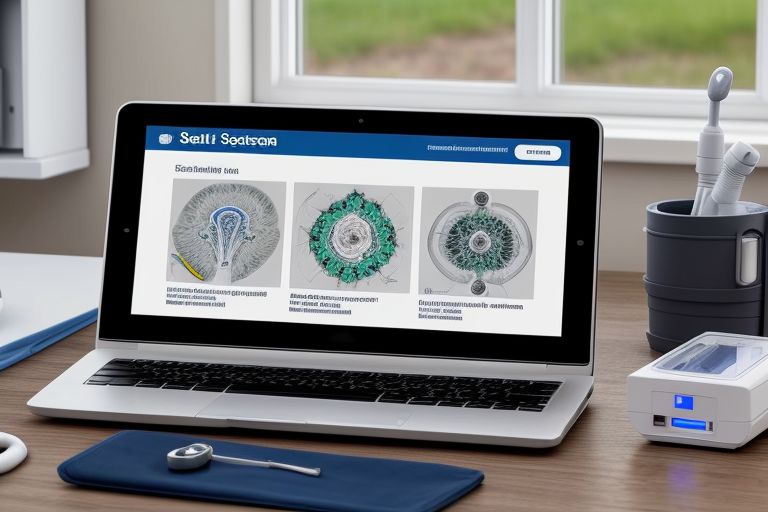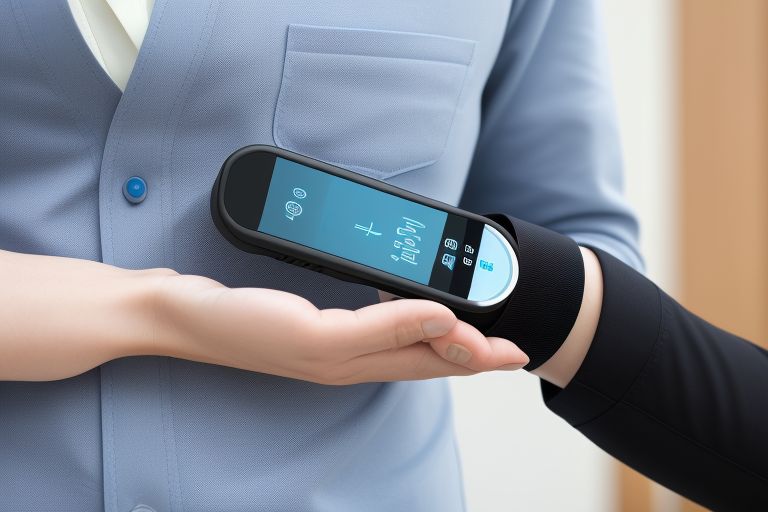In a landmark move, the world’s largest economies have signed a historic agreement to significantly reduce global deforestation by 2030. The agreement, which was signed at the UN Climate Change Conference in Paris, represents a significant step forward in the global effort to combat climate change and protect the planet’s vital ecosystems.
The agreement calls for a 50% reduction in global deforestation by 2030, with a focus on protecting the world’s most vulnerable and biodiverse forest regions. To achieve this goal, the signatories have committed to a comprehensive set of policies and initiatives, including increased investment in sustainable forestry practices, enhanced monitoring and enforcement, and support for local and indigenous communities.
“This is a truly monumental achievement that demonstrates the world’s collective commitment to addressing one of the most pressing environmental challenges of our time,” said UN Secretary-General, António Guterres. “Deforestation is a major contributor to climate change, and by taking decisive action to curb it, we are taking a critical step towards a more sustainable future.”
The agreement has been widely praised by environmental organizations and activists, who have long advocated for stronger global action to protect the world’s forests. “This is a game-changer in the fight against climate change,” said Jane Goodall, renowned primatologist and environmental advocate. “By protecting the world’s forests, we are not only safeguarding the biodiversity and livelihoods of millions of people, but also securing a more stable and resilient climate for generations to come.”
The implementation of the agreement will be closely monitored and supported by a team of international experts and organizations, who will work closely with national governments and local communities to ensure the successful implementation of the agreed-upon measures.
“This is just the beginning of a long and challenging journey, but it is a journey that we must undertake if we are to secure a sustainable future for our planet,” said Guterres. “With this agreement, we have taken a significant step forward, and I am confident that we will continue to build momentum and make meaningful progress in the years to come.”
Article 3: AI-Powered Assistants Revolutionize Healthcare Delivery
In a remarkable breakthrough, the integration of artificial intelligence (AI) into healthcare delivery has transformed the way medical professionals interact with patients and manage their care. The introduction of AI-powered assistants has streamlined workflows, improved patient outcomes, and enhanced the overall quality of healthcare services.
These AI-powered assistants, known as “MedBots,” are designed to assist healthcare providers in a wide range of tasks, from patient diagnosis and treatment planning to medication management and discharge coordination. Leveraging advanced natural language processing and machine learning algorithms, MedBots are able to analyze vast amounts of medical data, identify patterns, and provide personalized recommendations to healthcare professionals.
“MedBots have truly revolutionized the way we practice medicine,” said Dr. Sarah Lim, a family medicine physician at a leading hospital. “By automating routine tasks and providing real-time insights, these AI assistants have allowed us to focus more on delivering high-quality, personalized care to our patients.”
One of the key benefits of MedBots is their ability to continuously learn and adapt to the evolving needs of healthcare systems. As they process more data and interact with more patients, these AI assistants become increasingly adept at anticipating and addressing the unique challenges faced by healthcare providers.
“MedBots are not just tools, but intelligent partners that are transforming the healthcare landscape,” said Dr. Lim. “They are helping us to make more informed decisions, reduce the risk of medical errors, and ultimately, deliver better outcomes for our patients.”
The integration of MedBots has also had a significant impact on patient satisfaction and engagement. By providing patients with personalized care plans, real-time updates, and 24/7 access to medical advice, these AI-powered assistants have empowered individuals to take a more active role in their own healthcare.
“I used to dread going to the doctor’s office, but now I feel like I have a trusted partner in my healthcare journey,” said Sarah, a patient who has been using a MedBot for the past year. “The AI assistant has helped me better understand my condition, track my progress, and communicate more effectively with my healthcare team.”
As the healthcare industry continues to embrace this transformative technology, experts predict that AI-powered assistants will become an increasingly integral part of the patient-provider experience. With their ability to streamline workflows, enhance clinical decision-making, and improve overall patient care, MedBots are poised to redefine the future of healthcare delivery.



















+ There are no comments
Add yours